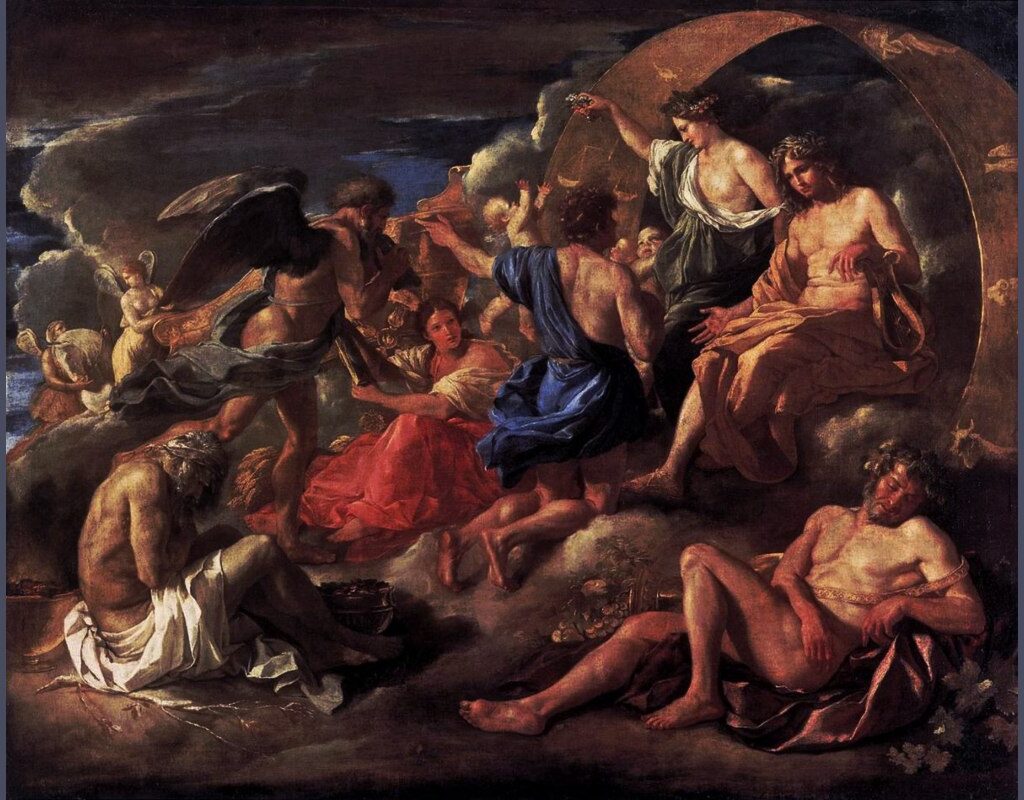Over the years, narratives change, adapting and leaving behind lines that reveal truths which at the time, might have been incomprehensible. One such story is that of the God Helios and his son Phaethon, a Greek legend that may hold more truth than we imagine.
Planetary Destruction in Greek Mythology? Enigma of God Phaethon
The Greek people, known for their mythological richness, offer us a narrative that, beyond its literary appeal, could provide answers to one of the greatest astronomical enigmas: the asteroid belt between Mars and Jupiter. The myth narrates the story of Phaethon, son of the God Helios and the nymph Clymene.
Tired of the mockery and skepticism of his peers about his divine lineage, he decides to visit his father to ask for irrefutable proof of his descent: to drive the sun god’s chariot of fire.
Despite Helios’s warnings and fears, Phaethon embarks on a reckless journey, which ends in disaster, culminating in his fall from the chariot and his death.
Now, beyond the tragedy and moral of the myth, there are hypotheses linking this story to astronomical events. Scientists have speculated about a planet, which they call Phaethon, that might have existed in the current position of the asteroid belt and was destroyed millions of years ago.
Could it be that the ancient Greeks had knowledge of this cosmic event? Current research supports this theory, at least in part.
Echoes of a Space Cataclysm: The Truth Behind the Myth of Phaethon
Mars, Phobos and Deimos: The Celestial Clues of the Legendary Planet Phaethon
Astronomers and geophysicists agree that certain celestial bodies could be remnants of this space cataclysm. Mars, Jupiter, Saturn and Neptune show signs of having been impacted by these fragments.
Although there are multiple theories about how this disaster occurred, from a collision with a giant planetoid to a nuclear chain reaction, the evidence suggests that something happened in that corner of the solar system.
The theory of the planet Phaethon gains strength with discoveries like those of the Russian astronomers Kowai and Senkavitsch, who postulate that the disintegration of this celestial body occurred 175 million years ago.
This hypothesis becomes more compelling when analyzing the moons of Mars, Phobos and Deimos, which, according to the Soviets Krinov and Savitski, could be remnants of this great explosion.
However, beyond the scientific debate, what truly fascinates is how a myth, narrated for generations, can have roots in astronomical truths. The legend of Phaethon, with its dramatic plot and lessons about arrogance and audacity, might also be a testament to the events of the universe.
Today, the name of Phaethon not only lives on in mythology but also in astronomical terminology. An acknowledgment that, sometimes, myths and science walk together, reminding us that humanity has always sought answers in the stars.





